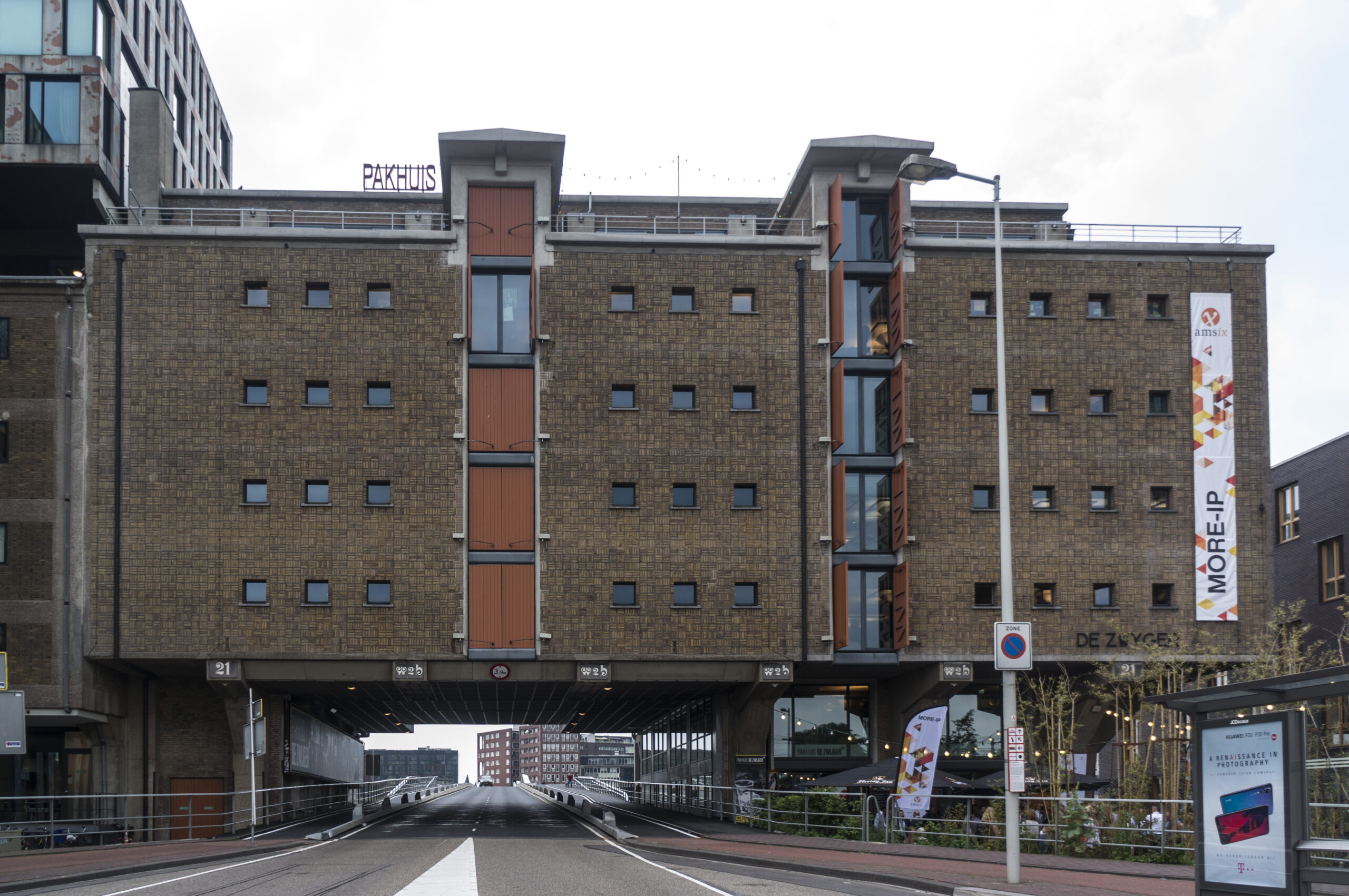
19Sep
Best Practices of Circular Governance in Cultural Heritage Adaptive Reuse
Circular governance is a necessary precondition for sustainable adaptive reuse of cultural heritage. The database of good practices – presented on the final CLIC Conference of the Horizon 2020 project CLIC “Circular models Leveraging Investments in Cultural heritage adaptive reuse” (online on Wednesday and Thursday 22-23 September 2021) – focuses on new circular governance models, responding to the following questions:
- What are the factors and conditions that enable circular governance for adaptive reuse of cultural heritage?
- Who are the relevant actors in the adaptive reuse case? How do they interact?
- What are the factors and conditions that permit or obstruct circularity?
The best practices analysis revealed a variety of ownership/management governance relationships between public, third-sector (namely civil society organisations) and private actors. Nearly all of the case study examples were publicly owned heritage assets, but many cases used a variety of multi- actor governance models to realise the project.
Pakhuis de Zwijger is a good example of circular governance model for adaptive reuse of dismissed industrial heritage. It is a cooling warehouse transformed into a cultural organization. This unique place is an independent platform for urban innovation for the city of Amsterdam and its inhabitants. Its trademark is the introduction of the “Amsterdam Approach”. It focuses on the cooperation between the traditional parties like as the local government, the big businesses and academia, but also social entrepreneurs, societal organizations and above all, the citizens, applying a bottom-up approach. The main concept of Pakhuis de Zwijger is that sustainable solutions and innovation can only be obtained by including all urban stakeholders in critical, constructive and action-oriented dialogue.
Pakhuis de Zwijger is owned by Stadsherstel, a private institution (Private Custodian for the Common Good Circular Model). The Foundation Pakhuis de Zwijger, managing the site, is responsible for the non-profit work of the evening programming, while the daily programming is undertaken by other organisations who rent out the event areas. This is a complex management model, in which each organisation has its own agreement with Stadsherstel. The municipality and the national government are involved through assignments to raise public awareness and pay attention to urban issues. Private and third sector institutions become partners for the programs and also providers for the cultural events. This cultural platform involves the community through on-site activities, website, podcasts and other digital channels, achieving a national and international audience with the aim of expanding and transferring good practices and suggest a governance model that could be replicated in the reuse of cultural heritage.
